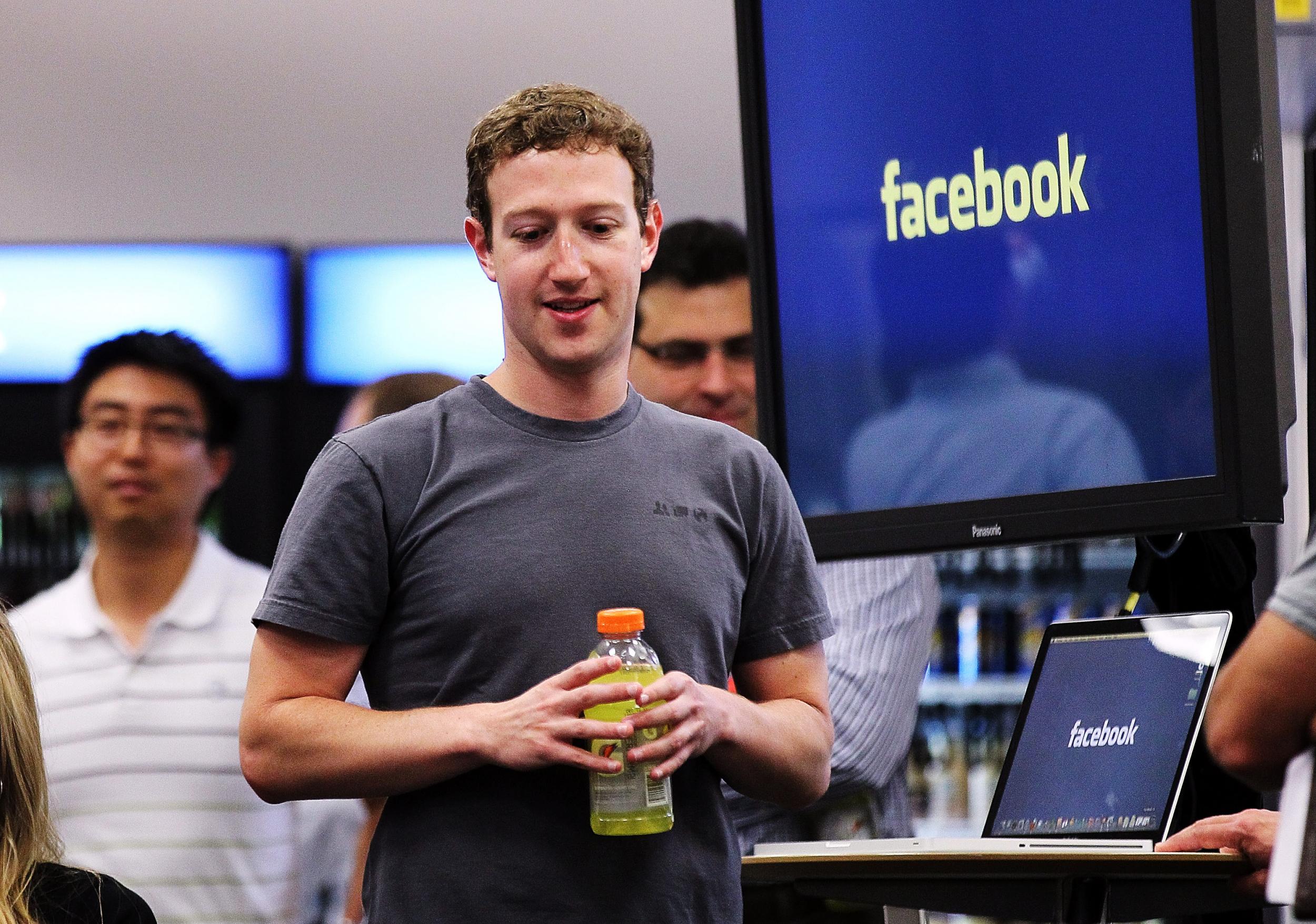Ignore the galling PR, there's more to internet.org than a new audience for Facebook
Yes, Silicon Valley pioneers are pompous types. But this could make a real difference

Your support helps us to tell the story
From reproductive rights to climate change to Big Tech, The Independent is on the ground when the story is developing. Whether it's investigating the financials of Elon Musk's pro-Trump PAC or producing our latest documentary, 'The A Word', which shines a light on the American women fighting for reproductive rights, we know how important it is to parse out the facts from the messaging.
At such a critical moment in US history, we need reporters on the ground. Your donation allows us to keep sending journalists to speak to both sides of the story.
The Independent is trusted by Americans across the entire political spectrum. And unlike many other quality news outlets, we choose not to lock Americans out of our reporting and analysis with paywalls. We believe quality journalism should be available to everyone, paid for by those who can afford it.
Your support makes all the difference.My first response on hearing about Mark Zuckerberg’s plans to provide internet access to ‘the next 5 billion’ was straightforward and cynical. Despite flying under the flags of philanthropy and humanitarianism the scheme - named internet.org - seems ridiculously transparent: Facebook makes its money by selling a captive audience to advertisers and as Facebook-adoption in developed countries nears saturation point, who can Zuckerberg turn to apart from those poor souls without an active connection?
Of course, the universally happy and enlightened individuals who can get online (these attributes go hand in hand remember) were quick to ask where exactly in Maslow’s hierarchy of needs ‘internet access’ slots in. If you don’t have clean water or decent sanitation, what help will a Facebook profile be? In a recent interview with Businessweek, Bill Gates puts the problem facing this sort of techno-philanthropy more succinctly: “When a kid gets diarrhea, no, there’s no website that relieves that.”
Ironically for Zuckerberg, it’s his slick and over-managed PR that makes you immediately distrust him. These projects are so keen to present themselves as forces for good that the only message they really convey is ‘we have an extremely limited grasp on reality’. The video accompanying the launch of internet.org is a perfect example. An obnoxiously inoffensive piano tune plays over a carefully curated selection of humanity looking all National Geographic whilst some crackly voice extolls the virtues of “increased understanding” and “our common interests”.
The fact that this voice is none other than JFK, addressing a 1963 audience on the importance of trust after the Cuban Missile Crisis just reinforces our idea of how grandiose and self-important these Silicon Valley billionaires are. Kennedy made his speech after the world had collectively stepped back from the brink of total annihilation: you’re trying to sell a social network to kids without toilets.
Except, they’re not. Despite all the self-serving profiteering of the project (and that part is inescapable; this will, in the long term at least, be good for Facebook’s bottom line) there’s more substance and value to internet.org than a one minute video designed to give you the warm’n’fuzzies would have you believe.
We’re only thinking about the project in the context of Facebook – ie social-networking as a low-grade social irritant that’s useful but also a bit of a pain – and we forget the principles of communication and connectivity that underpin the whole thing. Zuckerberg’s plan isn’t just to ‘get everyone on Facebook’ but to drastically reduce the cost of transferring data over networks (the target is just one per cent of current costs over the next 5 to 10 years) and provide free access to basic internet services such as email and Wikipedia.
Sure, this is all still pure frippery compared to the good that could be done by curing malaria or clearing landmines, but it’s a project that will help communities self-organise it’s also achievable. Facebook’s engineers have a proven track record in reducing costs of data transfer and a partnership with the likes of Nokia, Qualcomm and Samsung can only increase their expertise. Combine these skills with the motivation of (eventual) profit and internet.org seems likely to succeed. Zuckerberg’s self-aggrandizing piety may be objectionable, but you can’t say that he doesn’t know how get people on board (1.11 billion of us as of May this year). Using his skills and his influence to help others? Yeah, I can ‘like’ that.
Join our commenting forum
Join thought-provoking conversations, follow other Independent readers and see their replies
Comments